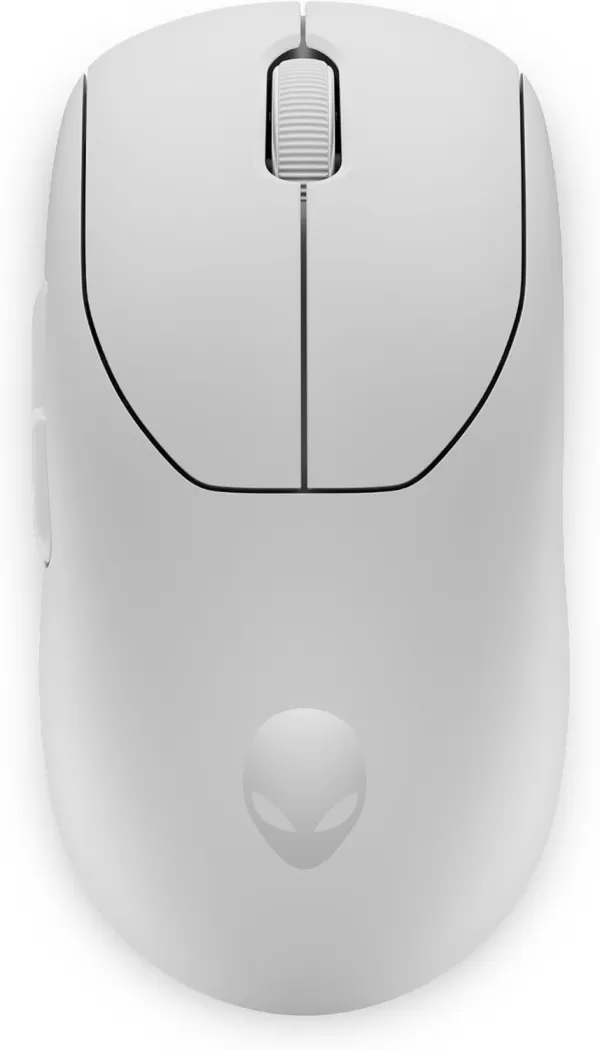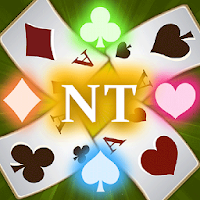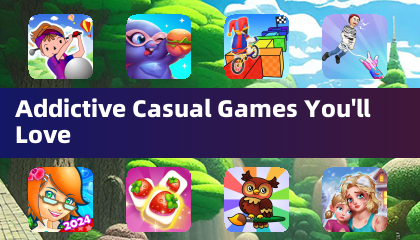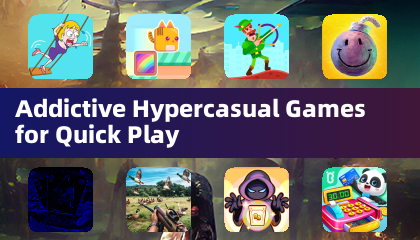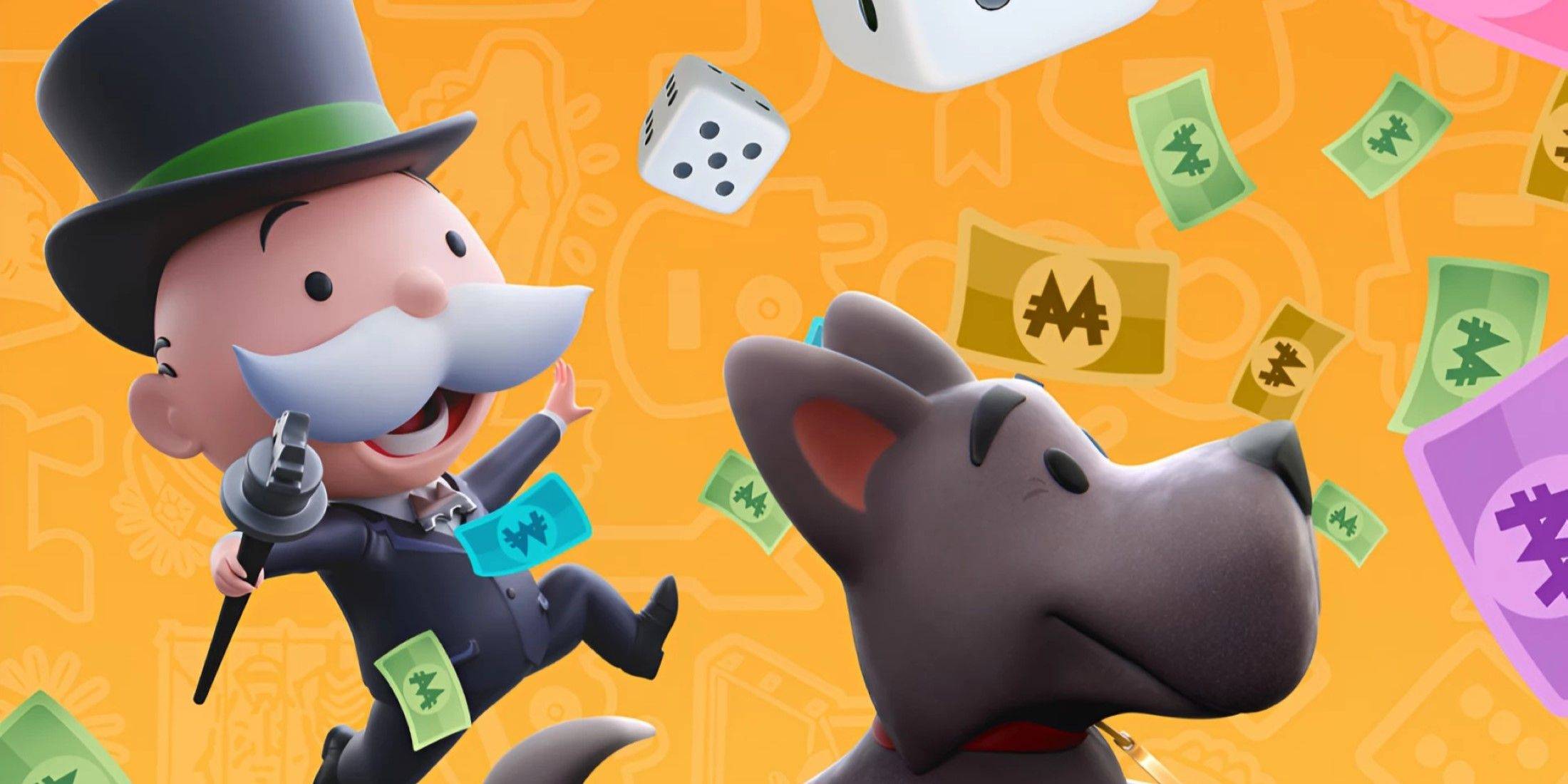
A $25,000 Monopoly GO Spending Spree Highlights Microtransaction Risks
A recent incident involving a 17-year-old who reportedly spent $25,000 on in-app purchases for Monopoly GO underscores the potential financial pitfalls of microtransactions in free-to-play games. While the game itself is free, its monetization model, heavily reliant on microtransactions for revenue generation, has drawn significant criticism.
This isn't an isolated case. Numerous users have confessed to significant in-game spending, with one reporting a $1,000 expenditure before uninstalling the app. The $25,000 incident, detailed in a since-deleted Reddit post, highlights the ease with which substantial sums can be unintentionally spent. The post's author, a stepparent, sought advice on recovering the funds, but comments suggested the game's terms of service likely hold users responsible for all purchases, regardless of intent. This practice, common in freemium games, mirrors the revenue model of titles like Pokemon TCG Pocket, which generated $208 million in its first month.
The Controversy Surrounding In-Game Microtransactions
The Monopoly GO situation is far from unique. In-app purchases have faced considerable backlash, exemplified by a 2023 class-action lawsuit against Take-Two Interactive over NBA 2K's microtransaction system. While this specific Monopoly GO case may not reach litigation, it adds to the growing concerns surrounding the practice.
The industry's reliance on microtransactions is understandable; they are highly lucrative, as evidenced by Diablo 4's over $150 million in microtransaction revenue. The strategy of encouraging small, incremental spending is more effective than requesting larger, upfront payments. However, this very characteristic also fuels criticism. Microtransaction models can be perceived as deceptive, leading players to spend far more than initially intended.
The Reddit user's predicament serves as a cautionary tale. The difficulty in obtaining refunds underscores the significant risks associated with in-app purchases in games like Monopoly GO. This case serves as a valuable reminder of the potential for substantial, unintended spending in free-to-play games.

